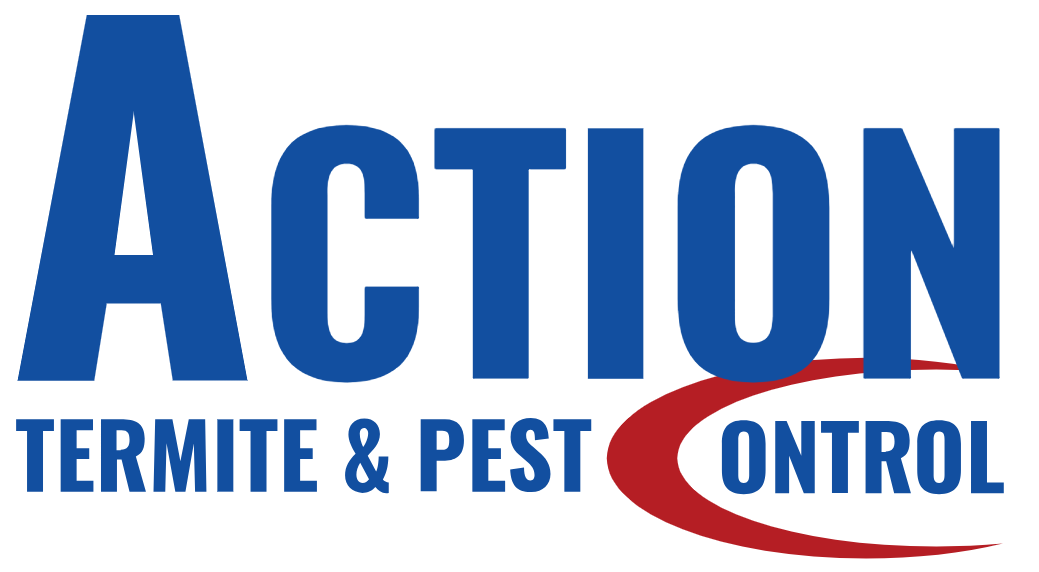Can termite treatment really get rid of all termites if it doesn’t reach the colony’s deepest parts? Treating termites involves using termiticides in the soil around and under buildings. This helps stop termites from infesting the area.
The depth of Phoenix termite treatment is key to controlling termites. Subterranean termites can build their colonies deep underground.
It’s important to know what affects how deep termite treatment goes. This knowledge helps get rid of termites and stop them from coming back.
Key Takeaways
- The depth of Phoenix termite treatment is critical for effective termite control.
- Subterranean termites can extend their colonies several feet underground.
- Termiticides are applied to the soil around and beneath a structure.
- The type of termite and soil conditions influence treatment depth.
- Effective Phoenix termite treatment requires a thorough approach.
Understanding Termite Behavior and Treatment Basics
Knowing how Phoenix termites live and work is key to stopping them. Termites are social bugs that live in groups. Each group member has a special job. This helps us figure out the best way to fight them.
Termites eat things made of cellulose, like wood and paper. If they’re not stopped, they can really hurt buildings. There are different kinds of termites, each with its own way of living and eating.
Types of Termites and Their Habits
- Subterranean Termites: These termites live in the ground and use mud tubes to get to food. They’re the most common and can do a lot of damage.
- Drywood Termites: Drywood termites live inside the wood they eat and don’t need soil. They can harm wooden buildings a lot.
- Dampwood Termites: Dampwood termites like wood that’s wet. They live in damp places and can damage wood too.
To fight termites, we need to know which ones we’re up against. We use things like chemical barriers, baiting systems, and spot treatments. Chemical barriers stop termites from getting in. Baiting systems lure termites to bait stations to kill them.
Termite Treatment Methods
- Chemical Barriers: This method makes a barrier around buildings to keep termites out. The depth of the treatment depends on the chemical used and the soil.
- Baiting Systems: These systems attract termites and kill the whole colony. How well they work depends on the bait and where the stations are.
- Localized Treatments: This method treats specific areas where termites are found. It’s often used with other methods.
The depth of termite treatment is very important. It changes based on the type of termite, the treatment, and the soil. Knowing about termites helps us pick the best treatment and get the best results.
How Deep Does Phoenix Termite Treatment Go?
The depth of Phoenix termite treatment is key to stopping termites. It involves using chemicals in the soil around and under buildings. This helps prevent termites from getting inside.
Chemical Barriers
Chemical barriers are a common way to fight termites. They are applied 300mm deep to control termites well. The aim is to make a barrier around the building to keep termites out.
The success of these barriers depends on soil type and moisture. For example, some soils might need different chemical depths or types.
- Soil type: Different soils affect how chemicals spread.
- Moisture content: Too much moisture can weaken the barrier.
- Termite species: Each type of termite needs a specific treatment.
To get the best results, consider these factors when treating termites. Knowing the soil and termite types helps Phoenix homeowners choose the right treatment.
Factors Affecting Termite Treatment Depth
Many things can change how deep termite treatment goes. Knowing these factors is key to controlling termites well.
Soil type is a big factor in termite treatment depth. Different soils hold termiticides differently. For example, clay soils keep more moisture, which can affect how termiticides spread. Sandy soils, being more open, let termiticides go deeper.
Soil Type and Moisture Levels
Soil type and moisture levels are very important for termite treatment. Moist soils make termiticides work better for longer.
- Clay soils: Keep more moisture, making treatment more effective.
- Sandy soils: Let termiticides go deeper because they’re more open.
- Loamy soils: A mix of clay and sandy soils, balancing moisture and openness.
Moisture levels also affect how long termite treatment lasts. Places with lots of rain or water from irrigation can make treatment less effective.
Obstacles and Complex Foundations
Buildings with complex foundations or nearby features like concrete slabs or landscaping can make termite treatment harder. These obstacles can stop termiticides from reaching where they need to go, making treatment less effective.
- Complex foundations: Have many layers or hard spots that make treatment tough.
- Concrete slabs: Stop termiticides from getting to the right depth.
- Landscaping features: Can block or change how termiticides spread.
It’s important to understand these factors for a good termite treatment plan. By looking at soil type, moisture, and obstacles, Phoenix homeowners and pest control experts can make a strong plan to fight termites.
Conclusion
Protecting structures from Phoenix termite damage is key. Knowing how deep termite treatment goes is vital for success.
The depth of termite extermination varies. It depends on the type of termite, soil, and treatment method. A thorough approach to termite management is needed for deep treatment.
Understanding termite behavior and choosing the right treatment is important. This ensures effective termite control. Proper treatment not only gets rid of termites but also stops future damage.
In summary, knowing the depth of termite treatment is essential. By considering the factors that affect treatment depth, people can make smart decisions. This helps protect their properties from termite damage.
Take Action Against Termites Today
Don’t let termites damage your Phoenix home. At ACTION Termite Control, we deliver fast, effective, and long-lasting pest control. Call now for your inspection and take the first step toward a termite-free property!

 BED BUGS
BED BUGS SCORPIONS
SCORPIONS RODENTS
RODENTS BEES
BEES MOSQUITOS
MOSQUITOS TAP INSULATION
TAP INSULATION PEST PROTECTION PLAN
PEST PROTECTION PLAN WEEDS
WEEDS